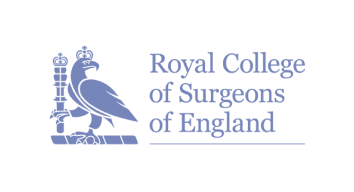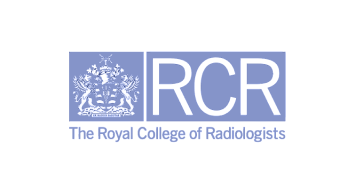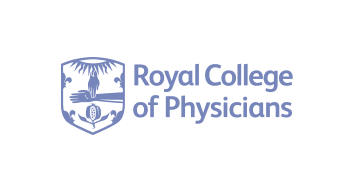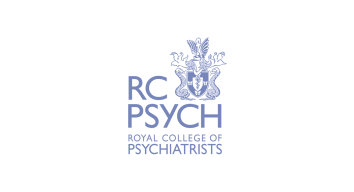Qualified
& Regulated
Our Doctors actively practice their specialities at leading hospitals in the UK and are fully licensed and certified in their respective fields.

At London International Patient Services our team of multi-specialty expert consultants provide world class health solutions tailored to your needs.
We provide you with specialists passionate about delivering exceptional standards of care to every patient. They work with you to diagnose and develop a personalised treatment plan that fits your lifestyle and goals.
Our Doctors actively practice their specialities at leading hospitals in the UK and are fully licensed and certified in their respective fields.
Whether it's a check-up, treatment, or advice, we prioritise your health and wellness
above all and are proud to be partners on your personal healthcare journey.
Personalised
Attention
Expert Specialist
Doctors
Confidence
in Care
Appointments at
your Convenience
Peace of Mind
Guaranteed
We strive to provide healthcare services to our patients using the latest diagnostic tools and treatments to achieve the best possible outcomes. You are in safe and caring hands.
Experience healthcare designed with you in mind. Where your comfort and convenience take centre stage. Opt for:
Caring face-to-face interactions
Engaging video consultation
Responsive real-time chat
We are committed to providing a high standard of care to our patients. Take a look at some of the incredible responses we have received.
Сontact us to schedule an appointment or learn more
Conveniently reserve your spot with just a few clicks through our easy-to-use online booking system.
Have a question or request? Drop us a message, and our team will get back to you promptly.
Feel free to give us a call, and our friendly staff will be glad to assist you over the phone.
































